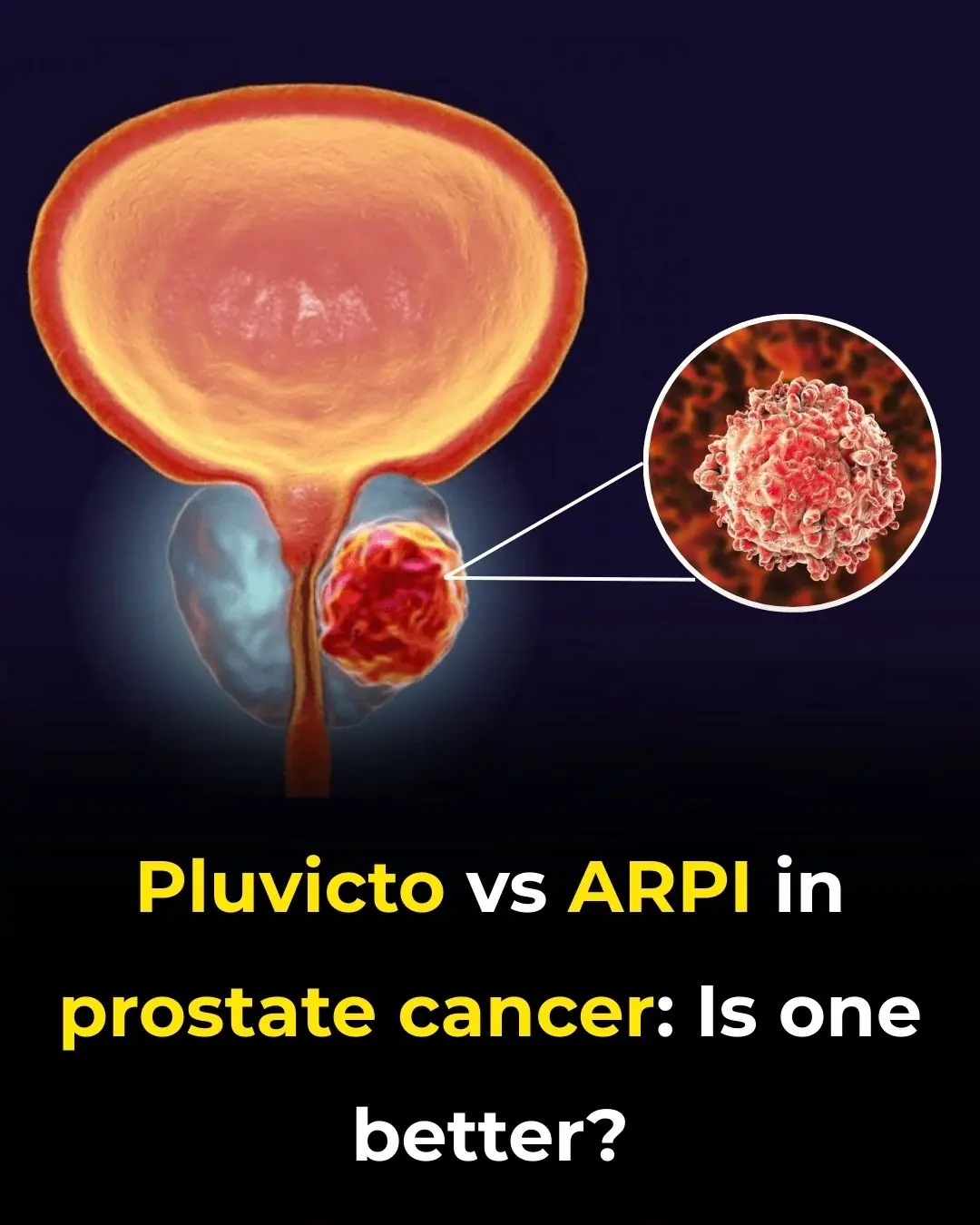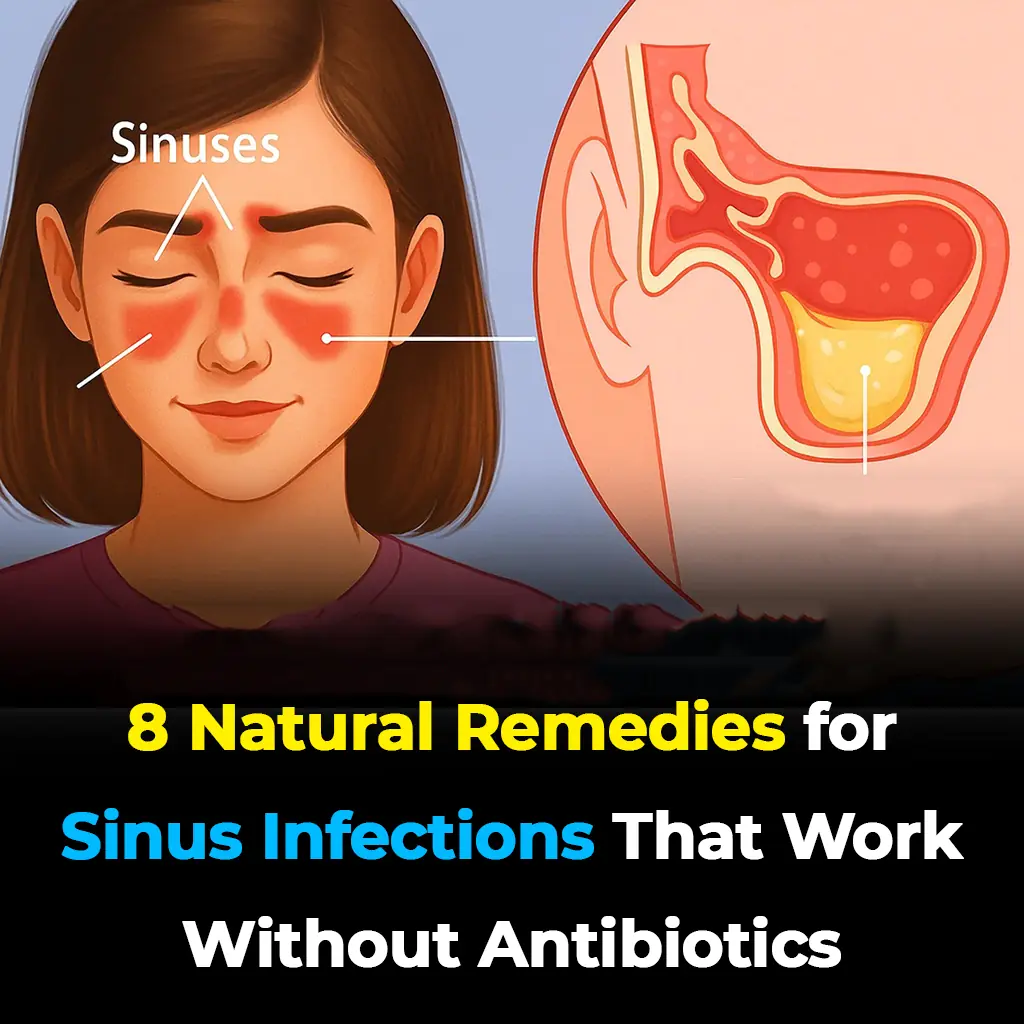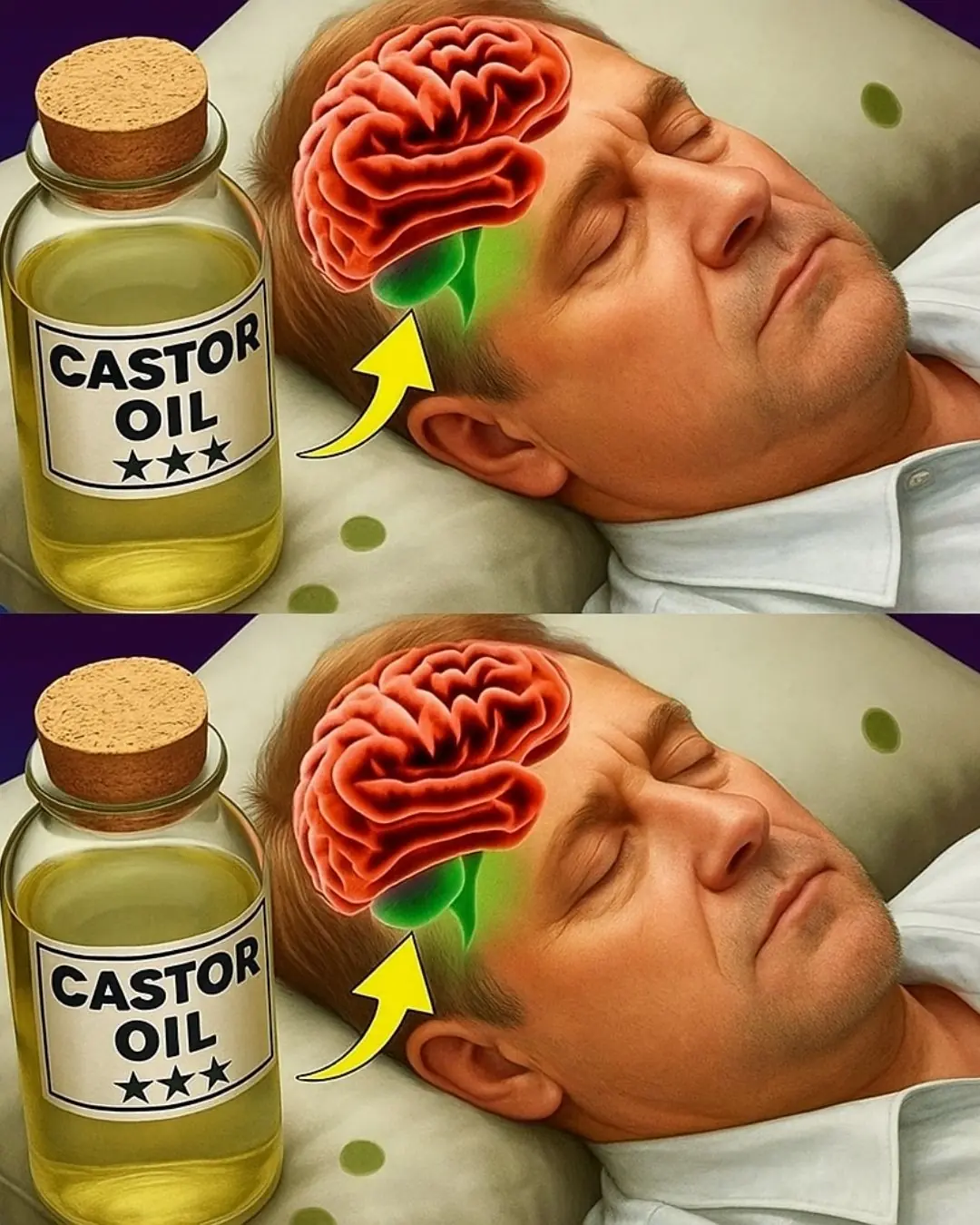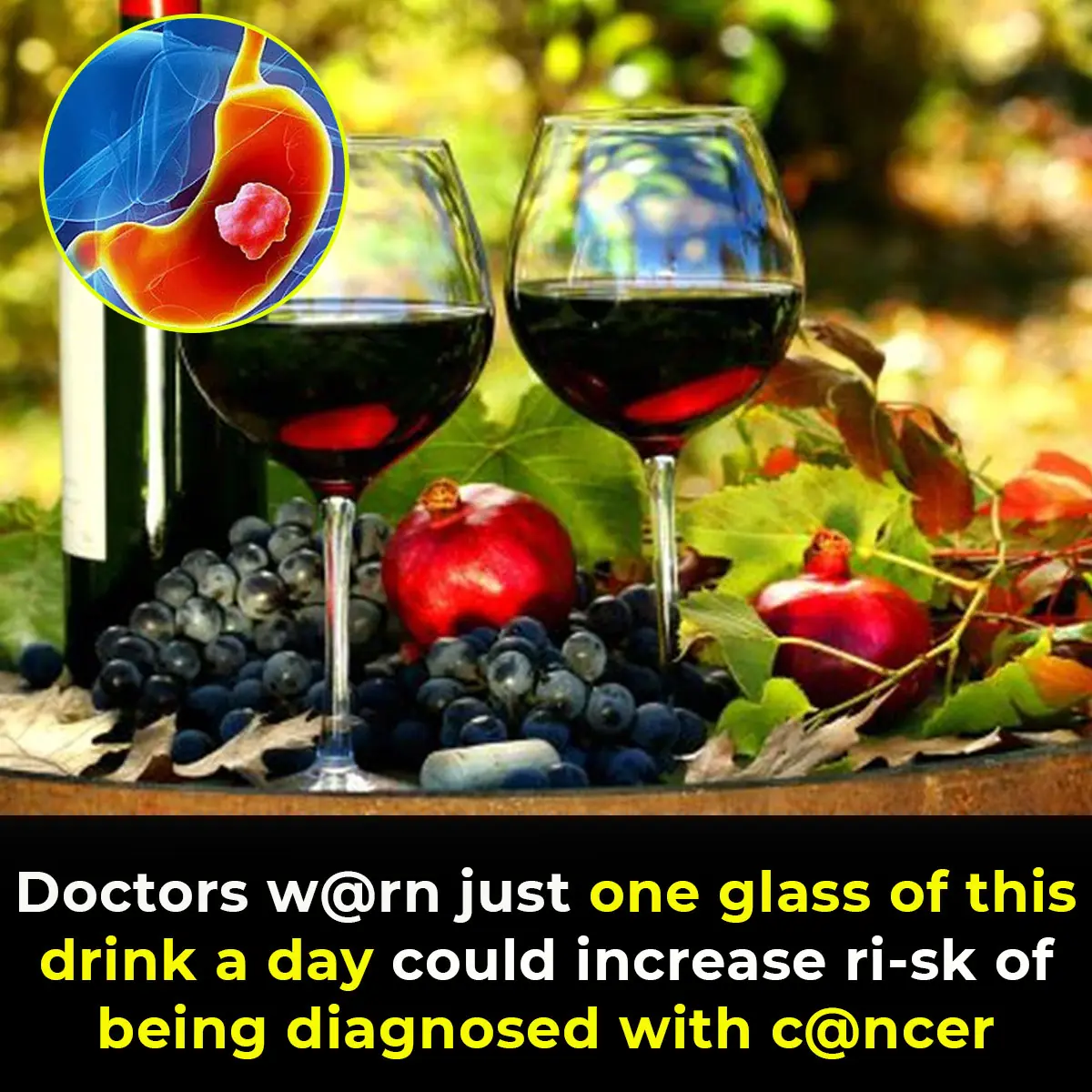
Does Chest Pain Always Mean a Heart Attack?
💓 Understanding Chest Pain: Is It Always a Heart Attack?
Chest pain is one of the most alarming symptoms a person can experience—and for good reason. While not every instance of chest discomfort signals a heart attack, it remains the most common symptom of cardiac events across all age groups. That’s why it’s crucial to take chest pain seriously and seek medical attention when necessary.
🚨 Why Chest Pain Should Never Be Ignored
Although chest pain can stem from various causes, heart-related pain is often characterized by pressure, heaviness, or discomfort that may radiate to the arm, jaw, neck, or back. These symptoms can indicate a heart attack, especially when accompanied by shortness of breath, nausea, dizziness, or cold sweats.
However, not all chest pain is cardiac in origin. Other conditions that can mimic heart attack symptoms include:
-
Costochondritis: Inflammation of the cartilage connecting ribs to the breastbone, often triggered by coughing or physical strain.
-
Gastrointestinal issues: Acid reflux, indigestion, or trapped gas can cause sharp or burning chest discomfort.
-
Musculoskeletal pain: Muscle strain or injury, especially around the shoulder or chest wall, can lead to persistent aches.
-
Anxiety or panic attacks: These can produce intense chest tightness and mimic heart attack symptoms.
🩺 Real Stories, Real Concerns
Many individuals have shared their experiences online, revealing how chest pain can be confusing and frightening. One person thought they were having a heart attack, only to be diagnosed with costochondritis caused by severe coughing. Another reported persistent pain near the shoulder and breast area that didn’t respond to pain relief. Others described chest discomfort with no clear diagnosis, despite undergoing multiple tests.
These stories highlight the importance of listening to your body and advocating for thorough medical evaluation. Even if tests come back normal, persistent or unexplained chest pain deserves attention.
❤️ When to Seek Help Immediately
You should seek emergency care if you experience:
-
Sudden, intense chest pressure or squeezing
-
Pain radiating to the left arm, jaw, or back
-
Difficulty breathing or shortness of breath
-
Lightheadedness or fainting
-
Nausea or vomiting with chest discomfort
These symptoms could indicate a heart attack or another serious condition like a pulmonary embolism or aortic dissection.
🔍 What Tests Can Reveal
Doctors may use a combination of diagnostic tools to determine the cause of chest pain:
-
Electrocardiogram (ECG): Measures heart rhythm and detects abnormalities.
-
Blood tests: Check for markers of heart damage like troponin.
-
Chest X-ray or CT scan: Identify lung or structural issues.
-
Stress tests: Evaluate how your heart performs under exertion.
-
Echocardiogram: Uses ultrasound to assess heart function and structure.
In some cases, rare conditions like myocardial bridging (where a coronary artery tunnels through heart muscle) or arrhythmias like atrial fibrillation (Afib) may be discovered.
🧠 Final Thoughts: Trust Your Instincts
Chest pain is a symptom that should never be brushed off. While it doesn’t always mean a heart attack, it’s a signal that something isn’t right. Whether it’s a minor issue or a serious condition, early evaluation can make all the difference.
If you’ve experienced unexplained chest discomfort, don’t hesitate to speak with a healthcare provider. Your heart—and your peace of mind—deserve it.
News in the same category


Pluvicto vs ARPI in Prostate Cancer: Is One Better?

10 Tasty Snacks Packed With Good-for-You Carbs

Drink this before bed to balance blood sugar & stop nighttime bathroom trips!

This vegetable oil linked to “aggressive” tumour growth, study finds

8 Natural Remedies to Cure Sinus Infections Without Antibiotics

The Best Hair Growth Vitamins and Supplements to Fight Hair Loss

Foods to Eat if You Need to Poop – The Best Natural Laxatives to Relieve Constipation

The 4 vitamins this 87-year-old woman takes to stay aging (and you can too)

6 Powerful Castor Oil Benefits for Your Health and Wellness

The Possible Benefits of Himalayan Salt Lamp

The Most Effective Ways to Get Rid of Bumps on Inner Thigh (Backed by Science)

A 23-year-old young man develops "head-drop syndrome" due to a habit that everyone thinks is h@rmless.

Surprising reason you should not rinse your mouth after brushing your teeth

Experts say these two symptoms that keep you up at night could be a sign of cancer

Doctor reveals disturbing reason she 'threw away her air fryer' after explaining major risks

Doctors warn just one glass of this drink a day could increase risk of being diagnosed with cancer

Doctor reveals the one sound people make that means they have under 24 hours left to live

Doctor shares sh0cking of 'worst' skin c@ncer he's ever seen and issues urgent w@rning
News Post

Tibremciclib for Advanced Breast Cancer: Is It Worth It?

Pluvicto vs ARPI in Prostate Cancer: Is One Better?

10 Tasty Snacks Packed With Good-for-You Carbs

Pokeweed: The Attractive but Highly Toxic Plant Growing in Your Backyard

Goosegrass: Health Benefits and Uses

The Powerful Health Benefits of Lipton, Cloves, and Ginger Tea Every Woman Should Know

Drink this before bed to balance blood sugar & stop nighttime bathroom trips!

This vegetable oil linked to “aggressive” tumour growth, study finds

The Miracle Tree: 16 Health Benefits of Moringa & How to Use It

Clove Collagen Gel : Night Gel For A Smooth & Tight Skin

Transform your skin with fenugreek seeds

8 Natural Remedies to Cure Sinus Infections Without Antibiotics

Watch – Mexico City is Converting Highway Pillars Into Vertical Gardens to Clean the Air and Beautify the City

Trump is Looking to Change Marijuana Laws in the Us and It Could Have a Major Impact

The Best Hair Growth Vitamins and Supplements to Fight Hair Loss

Foods to Eat if You Need to Poop – The Best Natural Laxatives to Relieve Constipation

The 4 vitamins this 87-year-old woman takes to stay aging (and you can too)

6 Powerful Castor Oil Benefits for Your Health and Wellness
